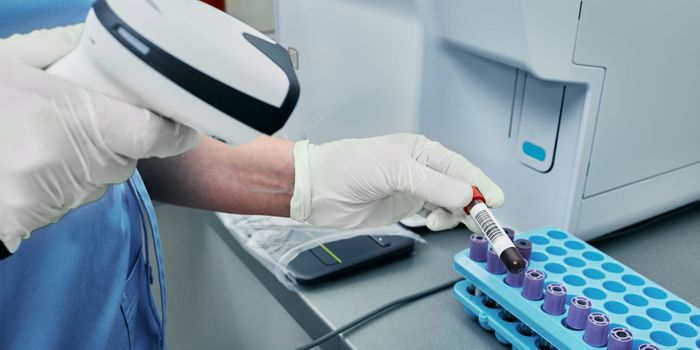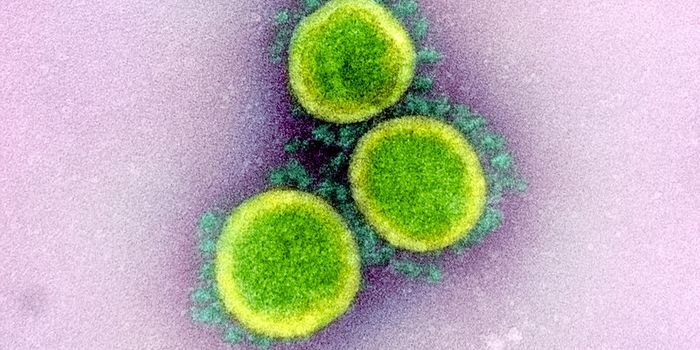Next Generation Antibody Therapeutics
Antibodies have been gaining traction in the clinical drug pipeline for the past three decades, and have shown great efficacy and promise in many diseases involving immune response including chronic inflammation, cancer, and autoimmune diseases to name a few. According to a recent article written by Paul Carter and Greg Lazar from the Department of Antibody Engineering at Genentech Incorporated, in San Francisco California, there have been over 60 antibody based drugs approved for therapeutic use and are currently marketed with world-wide revenues of approximately 89 billion dollars in the United States. This amount of revenue is enough to grab your attention, as well as others in the drug production industry. Carter and Lazar also note that there are over 550 antibodies currently in clinical development, which includes more than 50 in phase III clinical trials, which is incredibly promising.
This makes antibodies for treatment of disease one of the most rapidly growing drug classes currently being pursued, and they have so far proven to have great effect. Antibodies that essentially act by some mechanism or another to aid immune cells to recognize tumor cells to destroy them and eradicate them from the body is one example of successful employment of antibody drugs that has exploded in the last several years. These include antibodies specific to antigens such as CTLA4, CD20, CD22, EGFR, CCR4, HER2, IL-1alpha, PD1, PDL1, RANKL, and VEGF – again – just to name a few. These acronyms each represent molecules that play a role in various types of cancer progression that when target can diminish the cancer. This also has been found to be effective in multiple cancer types such as leukemias, lymphomas, melanomas, colorectal, head and neck, lung, breast, skeletal, and even brain cancers – which is highly impressive considering that each of these cancer types is a disease unto itself having different driver mutations and mutational burdens. They all have one thing in common that is exploitable by antibodies therapeutically, however, and that is they can evade the immune system. Antibodies enable the immune system to once again recognize the tumor, which results in subsequent tumor cell killing. Antibody drugs are also in use for diseases such as multiple sclerosis, Crohn’s disease, ulcerative colitis, lupus, psoriasis, asthma, arthritis, and others which all have the commonality of an immune system component implicated in some aspect of the disease. Antibodies are even being studied for use in prevention of migraines. This is a pretty impressive list of diseases for which antibodies may prove effective drug strategies.
Currently, the new and emerging antibodies are being expanded and according to the article by Carter and Lazar, “novel mechanisms of action of antibodies and innovative targeting strategies that could extend their therapeutic applications, including antibody-drug conjugates, bispecific antibodies, and antibody engineering to facilitate more effective delivery” are underway. “These strategies could enable the pursuit of difficult to hit, less well understood or previously undruggable targets – the ‘high-hanging fruit’. So not just antibodies targeting disease drivers themselves or eliciting immune reponse to disease, but also arming such antibodies with other drugs to deliver directly to indicated sites, and also creating antibodies with dual-specificities to hit two targets, or creating new specificities all together. This is an exciting time for the world of antibody drug discovery, and should prove to have great implications for patients in the clinic.
Sources: Nature Reviews Drug Discovery, Pixabay, Youtube, Roche
Roche's summary of antibodies in medicine:










